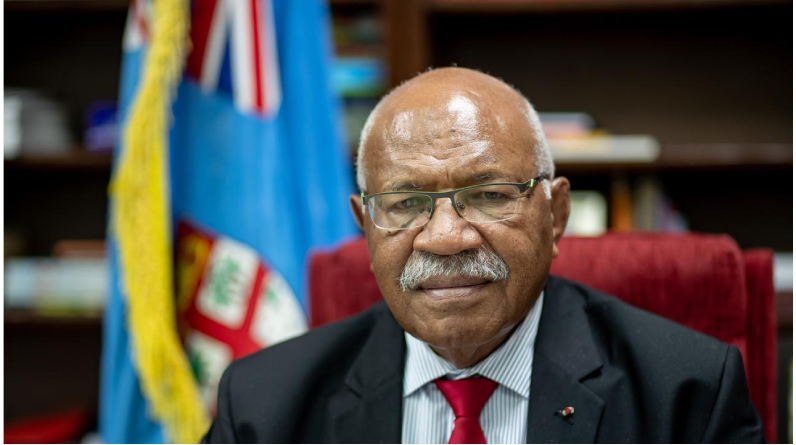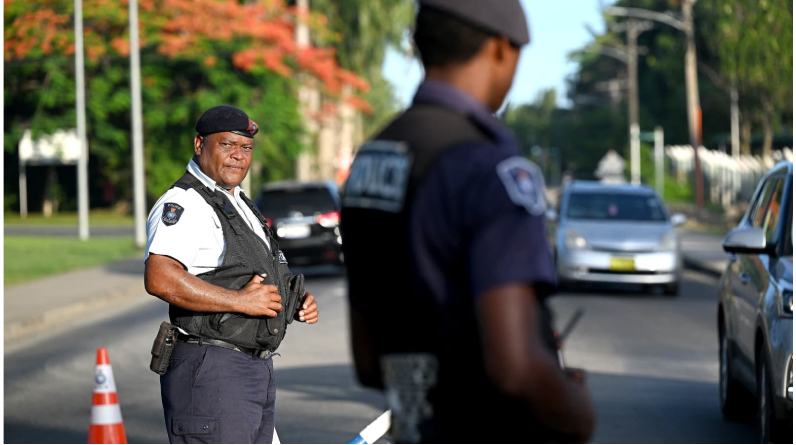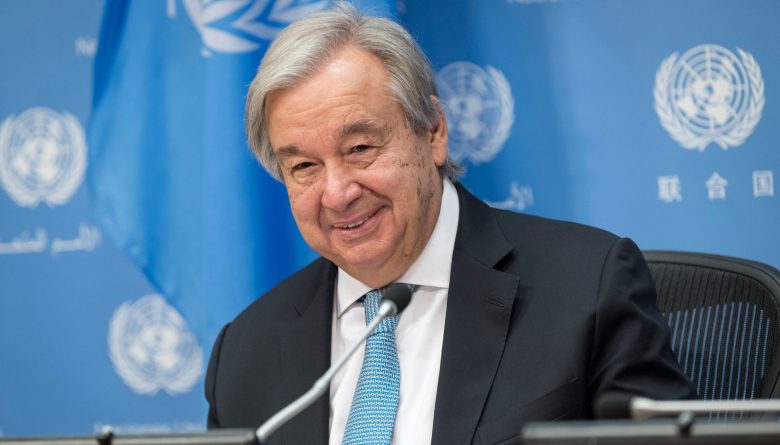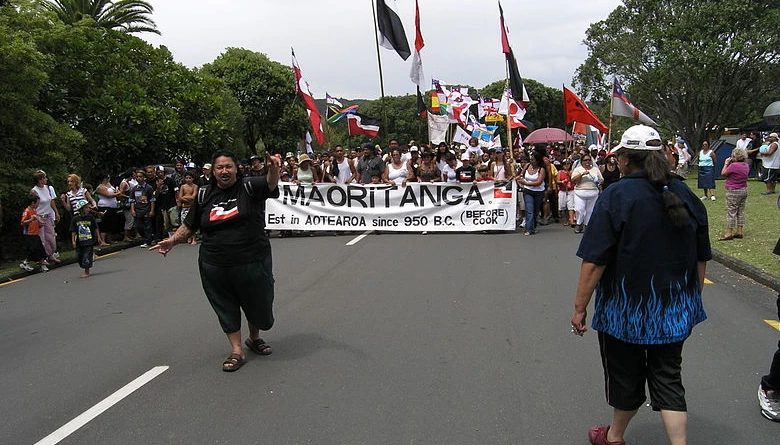The new government in Fiji has halted the police commissioner and ended a controversial policing agreement with China.
On December 24 of last year, a coalition of parties narrowly voted to instal Sitiveni Rabuka as prime minister, marking the first change in government in the Pacific island nation in 16 years.
The rule of former military chief Frank Bainimarama was overthrown as a result of his election victory.
The Constitutional Offices Commission recommended suspending Police Commissioner Brigadier General Sitiveni Qiliho, and on Friday the president followed their advice.
In addition, the commission statement said that Supervisor of Elections Mohammed Saneem had been suspended.
There was speculation that Qiliho and Bainimarama were close.
There has been a history of military coups in Fiji, and the current military chief, Major-General Jone Kalouniwai, voiced concerns about the “ambition and speed” of the changes being implemented by Rabuka’s administration earlier this month.

The island has assumed greater significance as the rivalry between China and the United States for regional dominance heats up. The Fiji Times reported on Thursday that the government of Rabuka intended to end an agreement with China that provided for police training and exchange.
Fiji and Australia strengthened their defence ties in October.
Also Read :Expert: These Are The Four Foundations Of A Healthy Lifestyle
On Thursday, Rabuka was reported as saying, “We will go back to those that have similar systems with us,” referring to Australia and New Zealand. “Our system of democracy and justice systems are different,” he said.
After seeking comment, the Prime Minister’s Office did not provide an immediate response.
Kalouniwai has made it clear that the government of Rabuka must follow the constitution that was passed in 2013 and grants the military a prominent role.
In 1987, Rabuka rose to prominence in Fijian politics after staging a military coup on the grounds that indigenous Fijians were being usurped by the descendants of Indian immigrants. In order to remove the government he had put in place, he orchestrated a second coup that same year.
Even after he handed over power to an interim government, he continued to serve as army chief of staff and minister of interior.









Leave a Reply